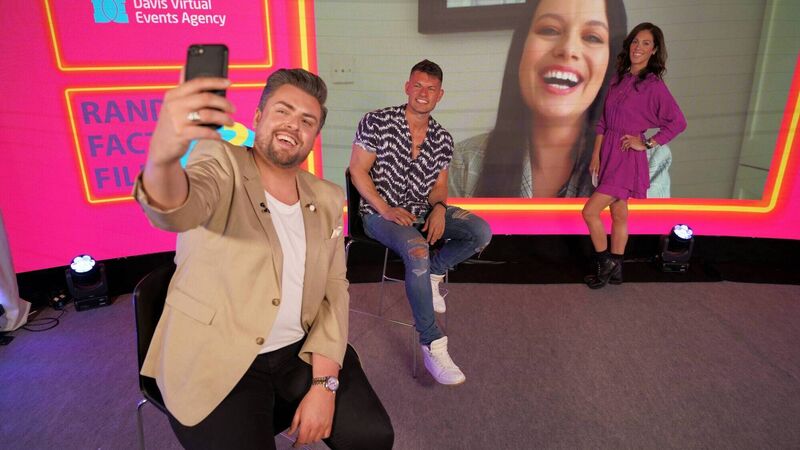Changing times: Pandemic forces events industry to reinvent itself

A Life On Line conference was hosted by Glenda Gilson, with influencer James Patrice, DJ and TikToker Marty Guilfoyle and fashion broadcaster Michele McGrath.
Try from €1.50 / week
SUBSCRIBEThese are changed times in the events industry. As the economic fallout from the pandemic continues to impact, the last 15 months have brought about a paradigm shift in the way businesses and organisations in the sector engage with clients and customers.
The old event planning model that pertained for decades has changed irrevocably as a new order of business now takes centre stage.
Already a subscriber? Sign in
You have reached your article limit.
Annual €130 €80
Best value
Monthly €12€6 / month
Introductory offers for new customers. Annual billed once for first year. Renews at €130. Monthly initial discount (first 3 months) billed monthly, then €12 a month. Ts&Cs apply.
CONNECT WITH US TODAY
Be the first to know the latest news and updates
Newsletter
News and analysis on business, money and jobs from Munster and beyond by our expert team of business writers.
Push Notifications
By clicking on sign up you will be the first to know about a selection of business content on this browser. Please note if you are unable to sign up via your mobile web browser, download and sign up for mobile push notifications via our FREE news app.
Sign UpYou have accepted push notifications for this content. If you would like to manage your push notification preferences, you can do so here.
Newsletter
News and analysis on business, money and jobs from Munster and beyond by our expert team of business writers.
Newsletter
Keep up with stories of the day with our lunchtime news wrap and important breaking news alerts.

Newsletter
Sign up to the best reads of the week from irishexaminer.com selected just for you.
Thursday, February 12, 2026 - 10:00 PM
Thursday, February 12, 2026 - 6:00 PM
Thursday, February 12, 2026 - 10:00 PM
© Examiner Echo Group Limited